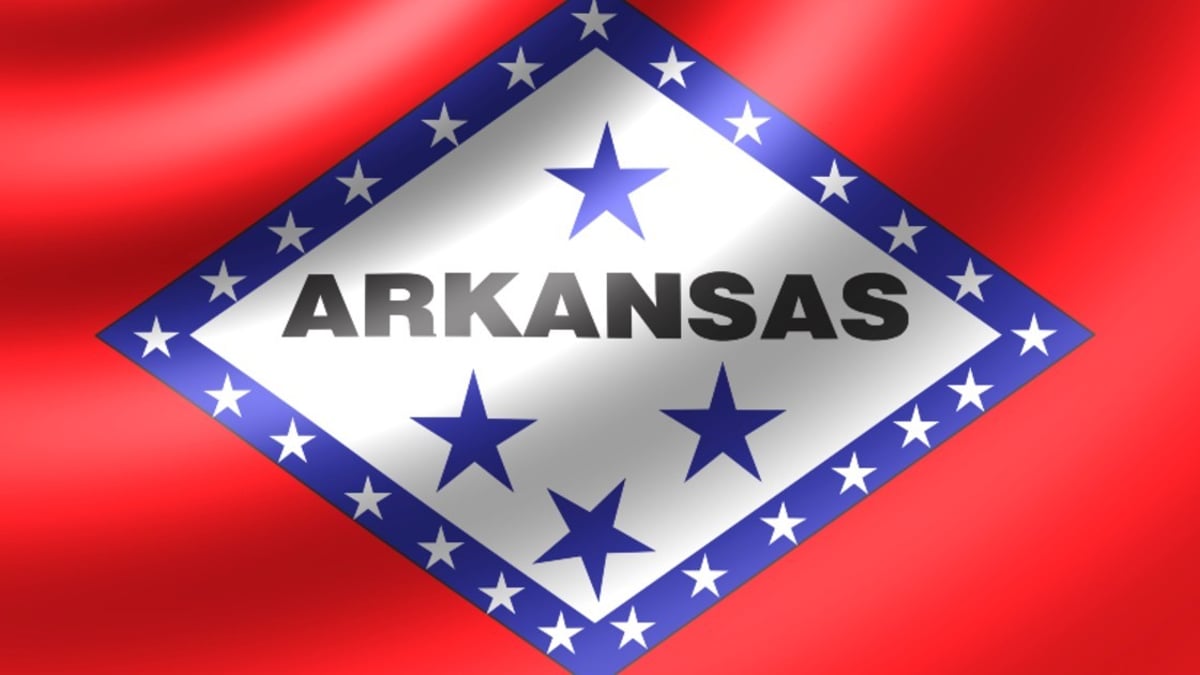Arkansas Lawmaker Sends Letter To AG: Is Kalshi Violating State Law?

An Arkansas legislator has sent a letter to the state attorney general asking whether a prediction market like Kalshi would violate state law if it is “not licensed to engage in gaming operations.”
As Gambling.com previously reported, state Sen. Bryan King, R-Green Forest, is seeking clarity on why prediction markets, which allow users to put real money on the outcome of sporting events, are not licensed and taxed like legal sportsbooks in the state.
In Arkansas, the three licensed casinos offer legal sports betting at sportsbooks inside the resorts and on their own branded apps available to age-appropriate mobile users anywhere in the state. These casino sports-betting operations are regulated by the Arkansas Racing Commission and are taxed. Prediction markets do not face the same state regulatory and taxation issues.
King’s letter, dated Aug. 1, 2025, is addressed to Republican Attorney General Tim Griffin. King told Gambling.com on Friday that the letter has been sent.
Below is an excerpt:
Dear Attorney General Griffin:
I am writing to request an Attorney General opinion. Before I ask my questions, I’ll provide some brief context.
CONTEXT:
Predictive markets are becoming increasingly popular. In short, prediction markets allow people to bet on future events. These events contracts are usually binary, and can span any kind of topics, such as election outcomes, the occurrence of natural disasters, sports outcomes, and who will win the Nobel Peace Prize this year.
Kalshi is one of the largest exchange platforms for predictive markets. Kalshi has been sued in multiple states on the grounds that it operates in violation of state gaming laws. But so far, Kalshi has succeeded in defending its operation, contending that it simply brokers financial exchanges. In other words, Kalshi argues that its participants make trades not bets. And unlike traditional gaming, where the house makes its money on losing wagers, Kalshi has no interest in the results of any of its event contracts. Instead, Kalshi makes its money from transaction fees, similar to stockbrokers. In fact, since 2020, Kalshi has been certified by the Commodity Futures Trading Commission as a designated contract market.
QUESTIONS:
- Based on the information cited above, would a company like Kalshi be operating in violation of Arkansas law if it was not licensed to engage in gaming operations?
- Under Arkansas law, would sports related event contracts be subject to Arkansas’s tax on fantasy sports games?
- If companies like Kalshi are not required to possess gaming licenses, would they be subject to any other Arkansas regulatory body as a financial exchange?
- If companies like Kalshi can operate under Arkansas law without a gaming license, is there any type of event contract that could not be exchanged under Arkansas law, such as election contracts or contracts related to future tragedies..
Thank you for your prompt consideration. If you require more information to answer my question, please let me know so that I can supplement my request accordingly.
Sincerely,
Bryan King
State Senator
District 16










